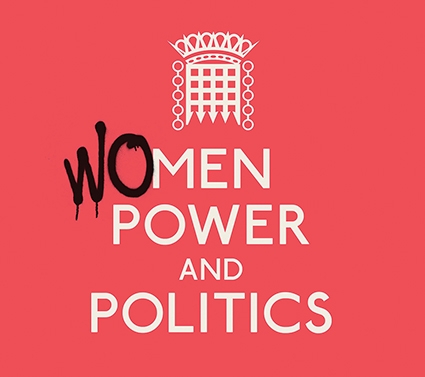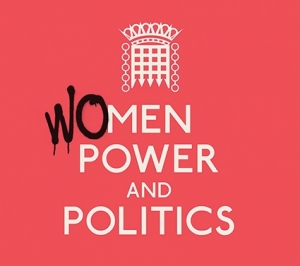UNDP: Shattering Myths about Women in Georgian Political Parties
This Tuesday the Union Nation Development Program unveiled an unprecedented study called “Women in Political Parties: Deconstructing the Myths” commissioned in association with the Government of Sweden and carried out by Georgian NGO “Union Sapari”. The report’s main objective is to highlight major dysfunctions in the process of recruitment inside the political parties that leads to a strong lack of women in Georgian politics. It is the result of 35 interviews with representatives in lower, middle and upper levels of parliamentary political parties in Georgia (Georgian Dream, European Georgia, United National Movement, and the Patriots’ Alliance of Georgia).
The discussion about the research findings brought together representatives of political parties, local and international organizations and women’s rights activists. Niels Scott, head of the UNDP in Georgia, started the meeting by saying that there has been huge progress since the democratization of the country but added that “this whole issue of women remains one of the most important inequality issues in Georgia”.
Indeed, the overall number of women involved in politics in Georgia has little increased at legislative elections, going from 7% of MPs in 2008 to 16% presently. However, it has yet to reach the standard the UN recognizes: 30% minimum. “There has been progress, but at the international level, Georgia has regressed,” Scott said. “Georgia is ranked 114th out of 144 in terms of women’s participation in politics according to the 2016 report of the World Economic Forum. “The political participation of women is the key to ensuring gender equality in every area of life, and political parties play a critical role in making this happen,” he concluded.
The study proves the underrepresentation of women in Georgian political parties is based on 26 myths which the authors identified after analyzing the conducted interviews. Artificial barriers such as male privilege and power inside political parties, or centralized management and societal misconceptions, are the main reasons for women being less active in Georgian political parties. It suggests that the recruitment standards are made in favor of men, reinforcing male domination; emphasizing conflicts, or the conception of politics as dirty and as such unsuitable for women. However, the study claims it is a misrepresentation of reality, as women nowadays know perfectly what they are getting into when they opt for a political career. This leads to another misrepresentation made by political parties which claims that women succeeding in politics need to be masculine not only in skill but also physically. Femininity, and all that is linked with female issues, such as maternity, is seen as a weakness, which is again not the case, as shown by the research which focuses on younger generations of political women who are perfectly comfortable with such issues.
The authors also highlight unrealistic personality characteristics that are usually pinned on women. The stereotype that men are more competent than women is for the authors a way to prevent women from being recruited so as not to reveal the incompetency of men. This is why women are usually recruited for lower levels or to agitate the political scene. This centralization of the parties is seen as a way to reproduce the privileges of men. Another stereotype is the supposed unreliability to women, while, in fact, the research says they are much more faithful and devoted to their parties. To finish, the study points to the fake optimism of political parties when they say the world is changing and that this misrepresentation of women will change as well: the truth is that women’s role in Georgia’s political life is growing very slowly, and the goal of the study is to help develop it faster.
The study was carried out from March to May 2017 and has been released quickly in order to impact the political parties’ choices in terms of candidacies for the next local elections in autumn. It has been made on point to help political parties change their practices and to open the political scene to more competent women and make sure they are given the same chances as men. More generally, the report must be seen as a road map for political parties, authors say, which should give guidelines to refining their recruitment standards and introducing internal quotas if necessary. Furthermore, parties should better highlight competent women in order to diminish the image of politics as a “dirty job” that keeps people, and women first, away from political participation. The study proposes the introduction of working groups on the issues related to gender to raise awareness inside the parties. It also says that exclusively feminine groups could be beneficial, in order to create frames of discussion to better understand the problems women face and to raise confidence.
The research also supports a draft law addressed to the Parliament to introduce quotas for the number of women, which is already backed by a 37,000-signature petition. However, one point against this proposal is that it can be unconstitutional and create inequality between men and women. The authors of the draft law answer nevertheless that the measure could be temporary, only in order for the parties to adapt more quickly. They take as examples different European countries that have already adopted such measures, like France and Spain.
This is not the only comment the authors triggered, which is a sign that they have achieved their goal. The public strongly insisted on the importance of cultural problems in Georgian society and the gap between private life and political engagement, in which the political political class has to be involved to reduce.
David Mongazon












